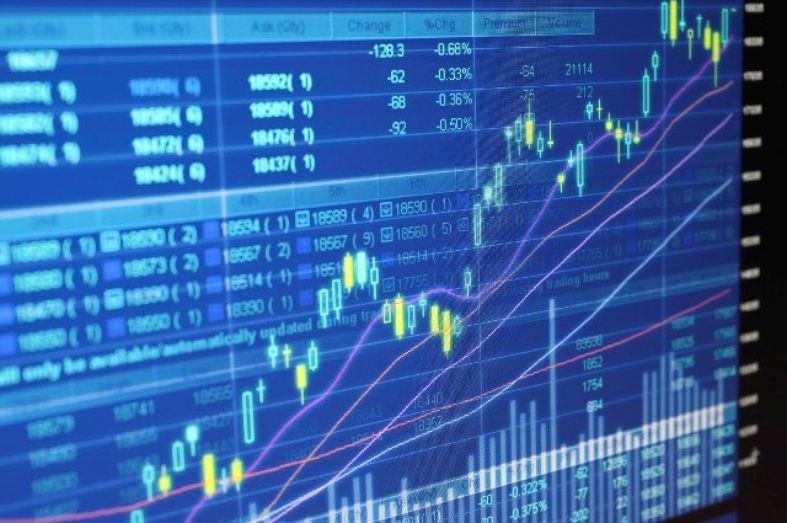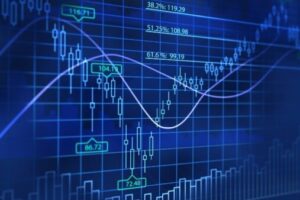Most people have heard of day trading, but few of them can tell you what it is with any certainty. Along with this lack of knowledge about what day trading is comes a lot of negative misconceptions, for example that it is risky or very complicated.
While the term day trading covers a huge range of trading activity, by definition it is any trading that opens and closes a position in less than one day.
However, many traders who use day trading techniques and consider themselves to be ‘day traders’ do make trades that last more than a day, so this definition is only useful as a rough guideline.
Generally day trading is trading that is done from a short term perspective, where the trader is attempting to profit from immediate price action, as opposed to looking for long term corrections in market valuation or forecasting price changes as a result of future events.
Short Term View
This short term vantage point means that day traders have a different view of the markets from many other investors and traders. For example, a day trader may believe that a stock is overvalued, but will still buy it if he thinks the price will go up that day or hour or minute.
While day traders do pay attention to the deep fundamental factors that drive the prices of securities over the long run, they trade on the short term factors that determine how the price moves from point A to point B in the long term.
The price of a share may go up and down many times on its way from $15 per share to $20 per share a month later, and day traders attempt to profit from this movement by using a variety of methods.
Who Are Day Traders?
Day traders come from all walks of life. Some are ex-finance professionals who figure that they can do better on their own. Others are young professionals fresh out of school working for a day trading firm that provides them with tools and capital.
Other day traders are people who have grown sick of their 9 to 5 job, and taught themselves how to trade in their spare time.
All it takes to be a day trader is the right mindset, hard work and some starting capital. Day traders need to be disciplined and focused, develop a strong trading strategy and stick to it, and have the drive to seek out profit in the overlooked corners of the market.
While some people may be more suited to being a day trader than others, anyone can develop these skills and traits with time and dedication.
Day Trading Strategies
There are a wide variety of day trading strategies out there, but most day traders rely on some form of technical analysis for their trades.
Technical analysis is the mathematical study of trading psychology. Technical analysis is founded on the premise that all market activity follows certain patterns based on the way that people think and how they react to the actions of others.
Therefore, price movements should stick roughly to predictable patterns as people follow their natural instinctual responses to the actions of others. Day traders using technical analysis, therefore, attempt to identify the technical pattern that the price is following, and use that pattern to predict where it will go next.
While technical analysis is definitely subjective in its application, it has been proven in a number of independent studies to provide traders with a significant edge over the competition when forecasting changes in the price of securities.
Other day trading strategies include following daily news and events, arbitrage and fundamental analysis.
Leverage
One of the keys to successful day trading is the use of leverage to magnify the profit from winning trades.
Since day traders are only trading on small movements over short time periods, they need to multiply the amount of securities they are trading to magnify the gain from their trades. Day traders use the provision of leverage from margin accounts supplied by brokers to trade in multiples of their existing capital.
It is not uncommon for a day trader’s stock trades, for example, to use 2 to 3 times leverage, while foreign exchange day traders often use 5 to 10 times leverage to magnify their earnings.
Education
There is no standard education for day trading.
Just as all day traders come from different walks of life, so to do they have different educational backgrounds. There are so many niches in day trading that what is most important is becoming a master of the area or areas of the market that you trade in.
There are many great online courses available that will help guide new day traders through the first stages of their exciting new career, and most day traders without a background in finance will get their beginnings in one or more of these online courses.



